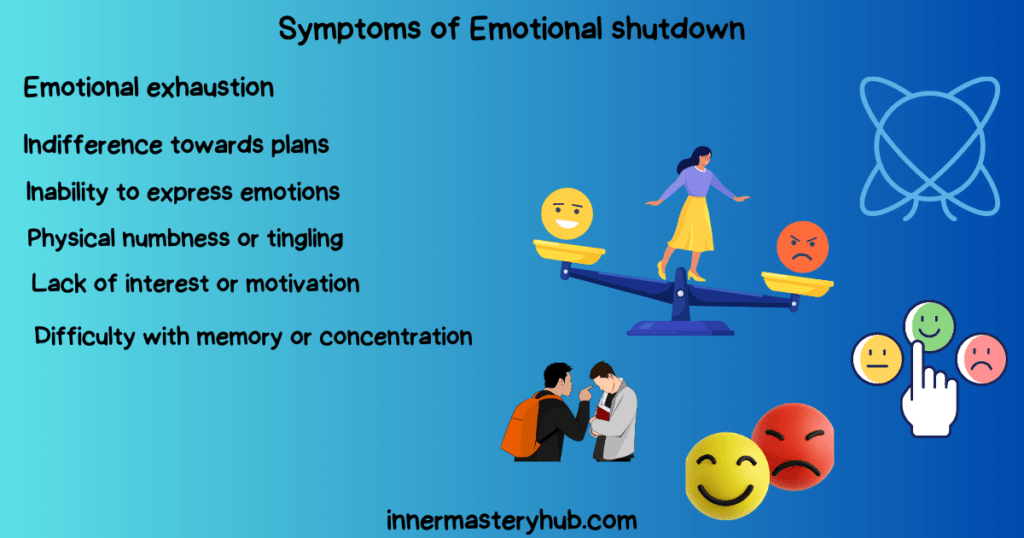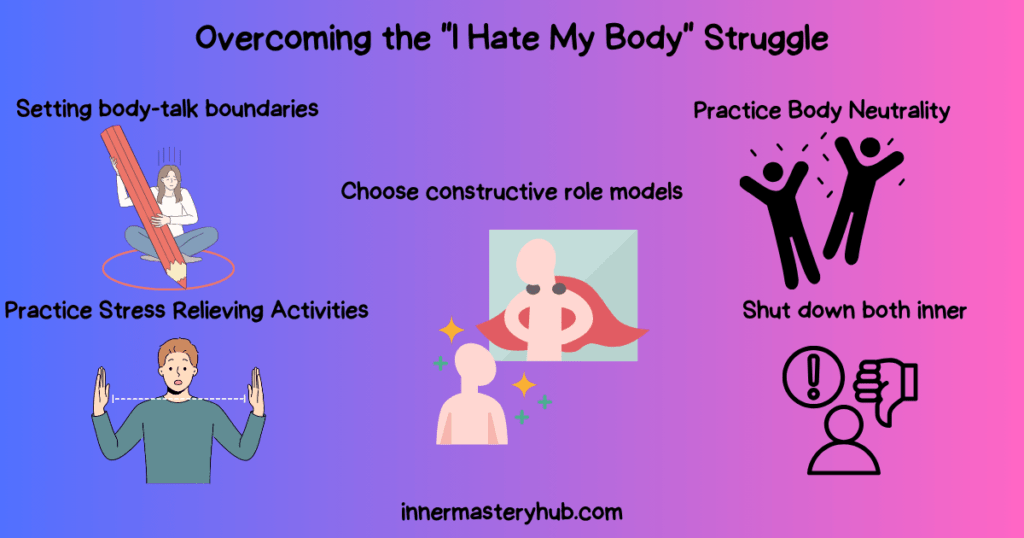Why Do I Crave Chocolate? 7 Surprising Reasons Behind Your Sweet Tooth
Why Do I Crave Chocolate?
Chocolate cravings are common and usually linked to your body and mood. Chocolate contains sugar, caffeine, and magnesium, which can boost energy and improve feelings. Stress, hormonal changes, lack of sleep, or low nutrients may all trigger your desire for chocolate.

When you’re not hungry, have you noticed yourself going for that chocolate bar? Or maybe after a long day, you’ve had a strong desire for a thick, velvety chocolate dessert? People throughout the world frequently feel chocolate cravings. But have you ever wondered why our chocolate cravings are so intense?
This blog will delve into the science behind the craving for chocolate and explain why our brains seem to have an insatiable appetite for this delicious food. We will try to answer the questions behind the most common urge of “Why do I crave Chocolate?”
Reasons Behind “Why Do I Crave Chocolate?”
You might be tempted by chocolate for several reasons, including theobromine and phenylethylamine, two compounds in chocolate or cocoa that have been demonstrated to elevate mood.
Dopamine and serotonin, two feel-good neurotransmitters in your brain, can be released as a result of these chemicals, improving your mood and sense of completion.
1. Magnesium Deficiency
Chocolate may be making our bodies crave it because it is deficient in some micro or macronutrients, such as magnesium. Chocolate and cocoa, particularly dark chocolate, contain magnesium, and your body may be signalling that it needs more of this essential element.
Because your magnesium levels tend to dip shortly before your menstrual cycle, this could be the cause of your heightened craving for chocolate during certain times.
For almost 300 enzymatic functions, the body needs the mineral magnesium. Try taking a magnesium supplement or eating a premium dark chocolate bar (preferably organic and with a cocoa content of more than 70%), which is a fantastic source of magnesium, to see if your cravings subside.
Consider purchasing magnesium supplements.
2. Low Blood Sugar Levels
It may surprise you to learn that when you have a chocolate craving, your body is expressing distress. Excessively low blood sugar levels often lead to intense craving for chocolate. When this happens, your body finds a quick energy source and goes into overdrive to get everything back on track.
Due to its readily available sugar content, chocolate has turned into an enticing target. Although a small serving might give you a quick boost, the accompanying drop in blood sugar levels could eventually make you feel worse.
It is advisable to monitor your blood sugar levels and consult a physician if you frequently experience cravings for chocolate, especially between meals. To maintain stable blood sugar, they can help you design a well-balanced diet.
3. When you are stressed
When you are stressed and tense, you may experience a need for chocolate. There are compounds in chocolate that can help you relax and calm down. For example, the amino acid tryptophan is necessary for your body to produce serotonin, a neurotransmitter that promotes sensations of relaxation and mood regulation.
There is a lot of this amino acid in chocolate. You may be seeking a natural mood enhancer to help you deal with the stress you’re experiencing, which is why you’re eating chocolate. This consolation, though, is fleeting because the subsequent sugar drop may leave you feeling even more exhausted.
When used excessively as a coping mechanism, it can lead to weight gain and other health issues. Instead, try practising relaxation techniques and engaging in regular exercise to manage your stress healthily.
4. A Habitual Craving for Chocolate
You might have a chocolate addiction just from consuming chocolate after meals. Dessert cravings are common after supper. After supper, break this bad habit by having some fruit or a refreshing cup of peppermint tea.
Try opting for a healthier option instead of the ice cream carton. Although you may not experience the quick sugar rush you’re accustomed to, the natural sweetness and high fibre content may leave you feeling fuller and more satisfied. After a few evenings of perseverance, you might discover that a bowl of fruit or a soothing cup of tea has become your new post-dinner habit.
5. Taste and texture
The rich flavour and smooth texture of chocolate make it incredibly alluring. When you bite into it, it has a slightly candy-like flavour with a tinge of sweetness and bitterness. In your tongue, it melts and feels soft and creamy. Whether it’s dark, milk, or nut-topped chocolate, each bite is like a little celebration for your taste buds.
That’s why you’re still craving for chocolate! The way it feels on your tongue is more important than just sweetness. You can’t get enough of chocolate, as it’s a tasty treat that brings you happiness.
6. Sugar Addiction
Eating chocolate means consuming sugar, which can lead to increased craving for chocolate. This is because sugar triggers the release of dopamine, a neurotransmitter that makes you happy. As a result, if chocolate makes you feel good, you want to eat more of it to get the same effect.
You feel amazing after eating chocolate, but you still want more. It resembles a descending spiral. You may experience strong desires for chocolate as a result.
Because chocolate contains sugar, your brain may develop a persistent craving for chocolate. Once you start eating chocolate, it may be hard to stop, as your brain takes pleasure in the positive emotions it produces.
7. Changes in hormones
A simple explanation for the craving for chocolate may be hormonal abnormalities. Hormonal changes during certain times, such as menstruation or pregnancy, can alter brain neurotransmitters, making some foods, like chocolate, more appealing.
Changes in progesterone and estrogen levels, for instance, may affect dopamine and serotonin levels, which regulate mood and appetite. Chocolate contains chemicals that can temporarily increase these neurotransmitters, creating a brief sensation of comfort and pleasure during hormonal swings.
To find solace or pleasure, the body may naturally seek chocolate when hormones are in balance.
Benefits of Chocolate
There are several unexpected health benefits to chocolate. Not only because it’s tasty, but also to address the question of why I get cravings for chocolate. The antioxidants found in dark chocolate, in particular, help the body combat harmful free radicals.
These antioxidants have been found in studies to enhance memory function and reduce cholesterol levels. However, you must select dark chocolate to reap these advantages. The cocoa content of dark chocolate is high, ideally at least 70%.
Dr Mindy Haar, PhD, an assistant dean at the School of Health Professions at the New York Institute of Technology and a registered dietitian-nutritionist, claims that early humans formerly believed that the need for sugar and fat was beneficial. However, patterns have now shifted.
While enjoying a few dark chocolate pieces daily can be pleasurable, moderation is essential to preventing excessive calorie and sugar intake. You can indulge in chocolate guilt-free, but remember that moderation is the key to maximising its health benefits.
How To Stop craving for chocolate?
To curb cravings for chocolate, try these tips:
- Opt for protein-rich meals to feel satisfied longer and reduce cravings for chocolate.
- Yoghurt makes a nutritious alternative, packed with protein and probiotics.
- Enjoy dark chocolate in moderation for its health benefits.
- Use cocoa powder in recipes like oatmeal or hot chocolate for a cocoa fix.
- Change up your routine to avoid trigger locations for buying chocolate.
- When cravings hit, use healthier snacks or activities to divert your attention.
- Allow the occasional enjoyment to avoid feeling cheated and going on a binge later.
You may control your cravings for chocolate without compromising your health by implementing these techniques. Chocolate is high in magnesium.

What is the Best way to stop chocolate cravings?
Regarding sating cravings for chocolate, personal preferences may influence what is considered the “best” chocolate. However, some popular options that are regularly commended for their flavour, texture, and quality include the following:
Dark Chocolate. Due to its rich flavour and higher cocoa content, dark chocolate can be beneficial for your health. Dark chocolate with a cocoa content of at least 70% will have a stronger chocolate flavour.
Chocolate is made from milk. Milk chocolate is a classic favourite among many chocolate lovers, as it’s creamy and sweet. Compared to dark chocolate, it tastes smoother and has less cocoa.
White Chocolate. White chocolate, which isn’t actually chocolate because it doesn’t include cocoa solids, is a favourite among chocolate fans due to its creamy texture and sweet flavour. It is made from cocoa butter, sugar, and milk solids.
Handmade or artisan chocolate. These treats are typically crafted by independent, smaller chocolatiers who prioritise unique flavour combinations and high-quality ingredients. Trying out handmade chocolates can lead to some delightful surprises.
Nuts or fillings in chocolate. An excellent approach to satisfying desires is to create chocolates with layers of flavour and texture, achieved by adding caramel, nuts, fruits, or other filling ingredients.
Ultimately, the most excellent option for sating desires is the chocolate that brings you joy. Savour whatever most entices your palate, be it a decadent dark chocolate bar, a silky milk chocolate truffle, or a unique handcrafted confection.
How Much Chocolate should be consumed in a day?
Moderate chocolate consumption can help maintain a healthy diet. It is crucial to monitor portion sizes, nevertheless, due to its high calorie and sugar content.
Limit the amount of dark chocolate you consume each day to 1 to 1.5 ounces (28 to 42 grams), or about one or two small squares of a regular chocolate bar.
Compared to other nutrient-dense foods, chocolate should be consumed in moderation. You should also be mindful of your overall calorie intake. Consider your dietary preferences, particular health conditions, and any illnesses (such as diabetes) that might require you to limit your chocolate intake even further.
FAQS about Craving for Chocolate
Why do we crave chocolate?
Chocolate combines sugar, fat, and bioactive compounds (like theobromine) that stimulate pleasure centres in the brain. The emotional, hormonal, and habitual factors also play a role.
Is a chocolate craving a sign of deficiency (like magnesium)?
It’s unlikely. Although chocolate contains magnesium, many foods (e.g., nuts, beans) have more. Cravings are more strongly tied to sugar, emotions, or habits.
Does stress make cravings for chocolate stronger?
Yes. Stress increases cortisol and triggers emotional eating. Chocolate can become a comfort food to help alleviate negative feelings.
How do hormones influence chocolate cravings?
Hormonal shifts (e.g., menstrual cycle) can alter mood or serotonin levels, potentially increasing cravings. Cultural expectations may amplify this effect
What is a healthy way to manage chocolate cravings?
Choose small portions of dark chocolate (70%+ cacao), eat protein + fibre, stay hydrated, distract yourself, and use mindful eating.
Why do I crave chocolate all of a sudden?
Sudden chocolate cravings can come from stress, low energy, hormonal changes, or low magnesium. Chocolate boosts mood chemicals like serotonin and gives quick energy, so your body may be asking for comfort, fuel, or a nutrient boost.
Why do you crave chocolate on your period?
During your period, hormonal changes can lower serotonin and magnesium. Chocolate helps boost mood, reduce stress, and satisfy energy needs, which is why your body especially craves it at that time.
Why do I crave chocolate after a meal?
Craving chocolate after a meal often comes from habit, wanting something sweet to signal “meal finished,” or a blood-sugar dip. Chocolate also boosts pleasure chemicals, so your brain looks for a rewarding dessert moment.
What to eat when craving chocolate?
Dark chocolate (70%+) – smaller amount, still satisfying
Fruit + nut butter – sweet plus fat (banana, apple, dates)
Yogurt with honey or berries – creamy + sweet
Trail mix – nuts, seeds, a few chocolate chips
Warm drink – cocoa, chai, or cinnamon tea for comfort.
Why do I crave chocolate every day?
Craving chocolate every day can come from habit, stress, low energy, sugar crashes, or emotional comfort. Chocolate boosts dopamine and serotonin, so your brain learns to want it regularly. Sometimes it also signals a need for magnesium, rest, or balanced meals.
Why do I crave chocolate after a meal?
Craving chocolate after a meal usually happens because your brain wants a sweet “finish,” your blood sugar dips, or it’s a habit linked to reward and comfort. Chocolate boosts pleasure chemicals, making it a satisfying signal that the meal is complete.






